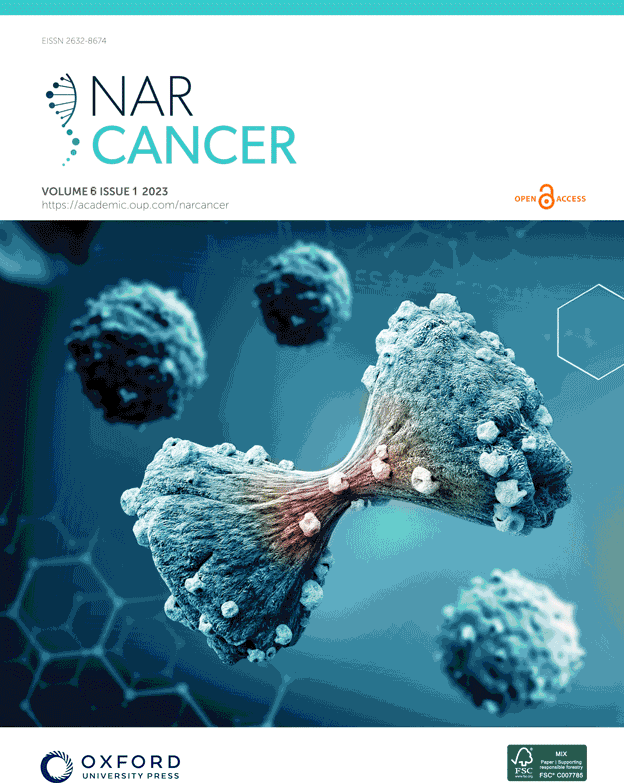The impact of ribosome biogenesis in cancer: from proliferation to metastasis
IF 3.4
Q2 BIOCHEMISTRY & MOLECULAR BIOLOGY
引用次数: 0
Abstract
Abstract The dysregulation of ribosome biogenesis is a hallmark of cancer, facilitating the adaptation to altered translational demands essential for various aspects of tumor progression. This review explores the intricate interplay between ribosome biogenesis and cancer development, highlighting dynamic regulation orchestrated by key oncogenic signaling pathways. Recent studies reveal the multifaceted roles of ribosomes, extending beyond protein factories to include regulatory functions in mRNA translation. Dysregulated ribosome biogenesis not only hampers precise control of global protein production and proliferation but also influences processes such as the maintenance of stem cell-like properties and epithelial-mesenchymal transition, contributing to cancer progression. Interference with ribosome biogenesis, notably through RNA Pol I inhibition, elicits a stress response marked by nucleolar integrity loss, and subsequent G1-cell cycle arrest or cell death. These findings suggest that cancer cells may rely on heightened RNA Pol I transcription, rendering ribosomal RNA synthesis a potential therapeutic vulnerability. The review further explores targeting ribosome biogenesis vulnerabilities as a promising strategy to disrupt global ribosome production, presenting therapeutic opportunities for cancer treatment.核糖体生物发生对癌症的影响:从增殖到转移
摘要 核糖体生物发生失调是癌症的一个特征,它有助于适应肿瘤进展各方面所必需的翻译需求的改变。这篇综述探讨了核糖体生物发生与癌症发展之间错综复杂的相互作用,强调了关键致癌信号通路所协调的动态调控。最新研究揭示了核糖体的多方面作用,不仅包括蛋白质工厂,还包括 mRNA 翻译的调控功能。核糖体生物发生失调不仅会阻碍对全局蛋白质生产和增殖的精确控制,还会影响干细胞样特性的维持和上皮-间质转化等过程,从而导致癌症进展。对核糖体生物发生的干扰,特别是通过抑制 RNA Pol I,会引起以核仁完整性丧失为标志的应激反应,随后导致 G1 细胞周期停滞或细胞死亡。这些发现表明,癌细胞可能依赖于 RNA Pol I 转录的增强,从而使核糖体 RNA 合成成为潜在的治疗漏洞。这篇综述进一步探讨了针对核糖体生物发生的弱点,将其作为破坏全球核糖体产生的一种有前途的策略,为癌症治疗提供了治疗机会。
本文章由计算机程序翻译,如有差异,请以英文原文为准。
求助全文
约1分钟内获得全文
求助全文

 求助内容:
求助内容: 应助结果提醒方式:
应助结果提醒方式:


